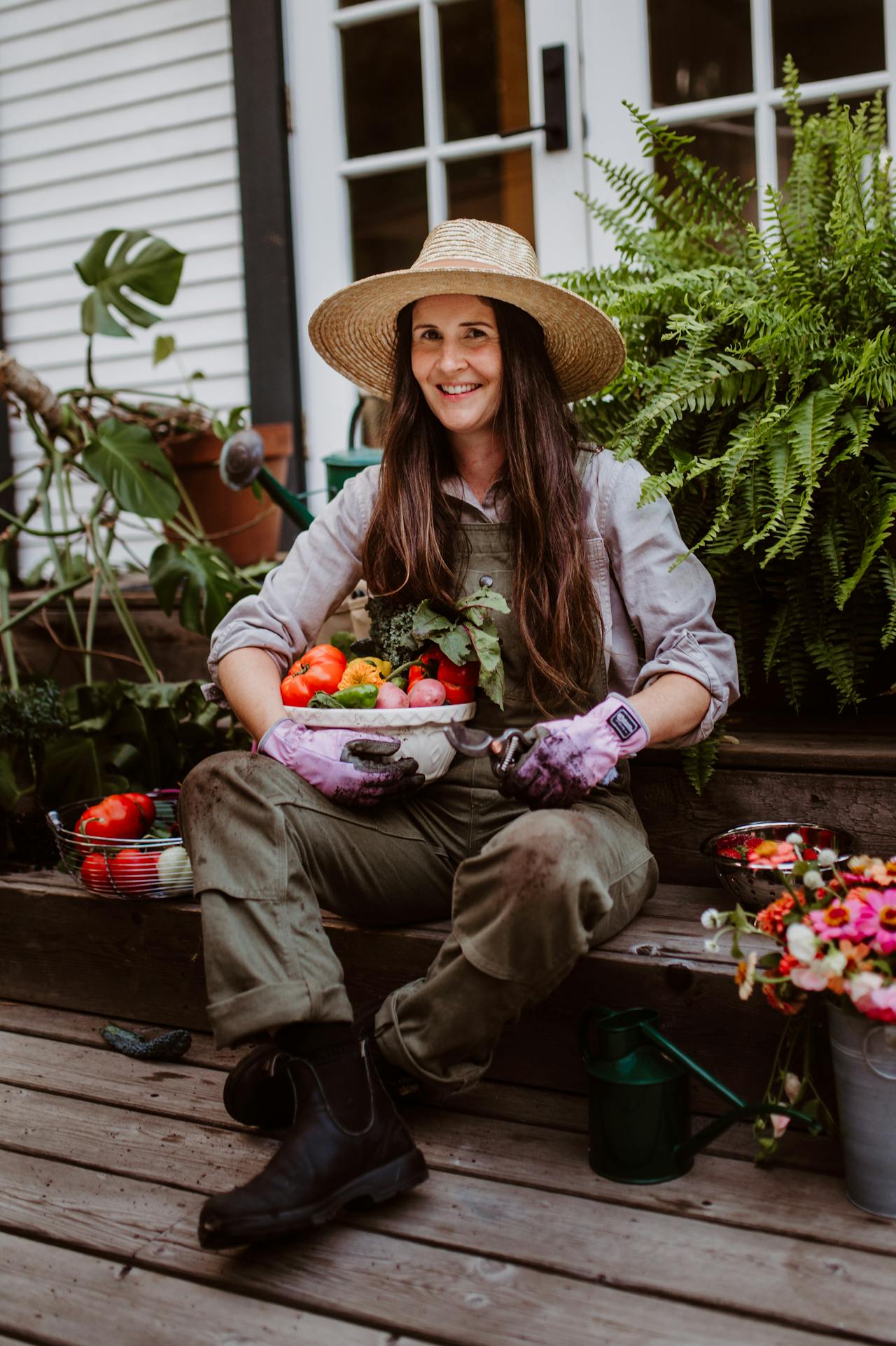
Body + Mind is reader-supported. We may earn an affiliate commission when you buy through some of the links on our site.
More people are trading grocery carts for garden beds and it’s not just about saving money or enjoying fresh air. Gardening is becoming a powerful way to embrace clean eating — and the benefits go far beyond the usual “fresh veggies on your plate.” From nutrient density to mental clarity, growing your own food offers surprising perks that store-bought produce just can’t match.
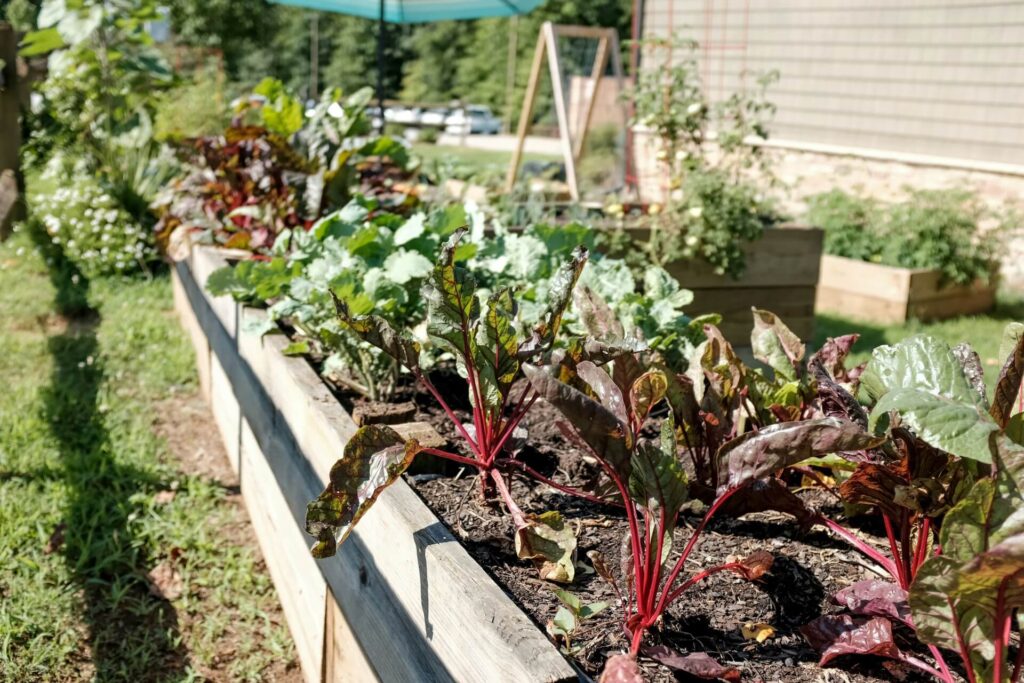
When you pick a tomato straight from your garden, it’s at peak ripeness — meaning it’s packed with vitamins, minerals and antioxidants. Store-bought produce often spends days, sometimes weeks, in transit and on shelves, losing some of its nutritional value during this time. Gardening gives you the advantage of eating fruits and vegetables at their freshest, which can make a noticeable difference in taste and health.
Research shows that homegrown vegetables often contain higher levels of vitamin C, folate and other essential nutrients compared with mass-produced produce. Whether it’s leafy greens, peppers, or carrots, the garden-to-table approach ensures you’re getting maximum nutrition with every bite.
By growing your own produce, you’re in charge of the entire process. You choose the soil, experiment with natural composting and even try DIY pest repellents. This helps keep your produce chemical-free and adds an extra layer of sustainability to your eating habits.
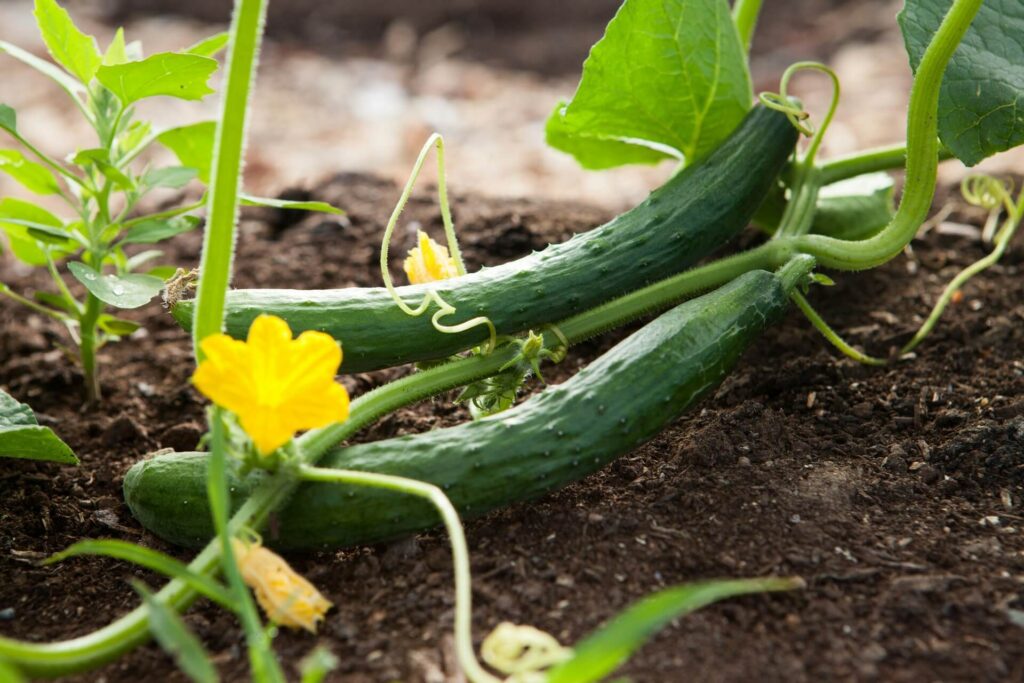
One of the biggest perks of gardening is knowing exactly what’s going into your food. Conventional farming often relies on pesticides, herbicides and chemical fertilizers to protect crops. While these chemicals help produce survive long supply chains, they can also end up on your plate.
When you garden at home, you control everything — from the seeds you plant to the soil you use. Choosing organic fertilizers and natural pest deterrents keeps your vegetables free from unwanted chemicals. This means cleaner, safer produce that aligns perfectly with a clean eating lifestyle. Plus, you’ll gain peace of mind knowing your meals are truly homemade from seed to plate.
Home gardening also allows you to experience the anticipation of crops. That excitement makes each harvest more meaningful and helps you reconnect with nature’s calendar. Instead of a one-size-fits-all diet, your plate becomes a reflection of the season — fresh, local and aligned with clean eating values.
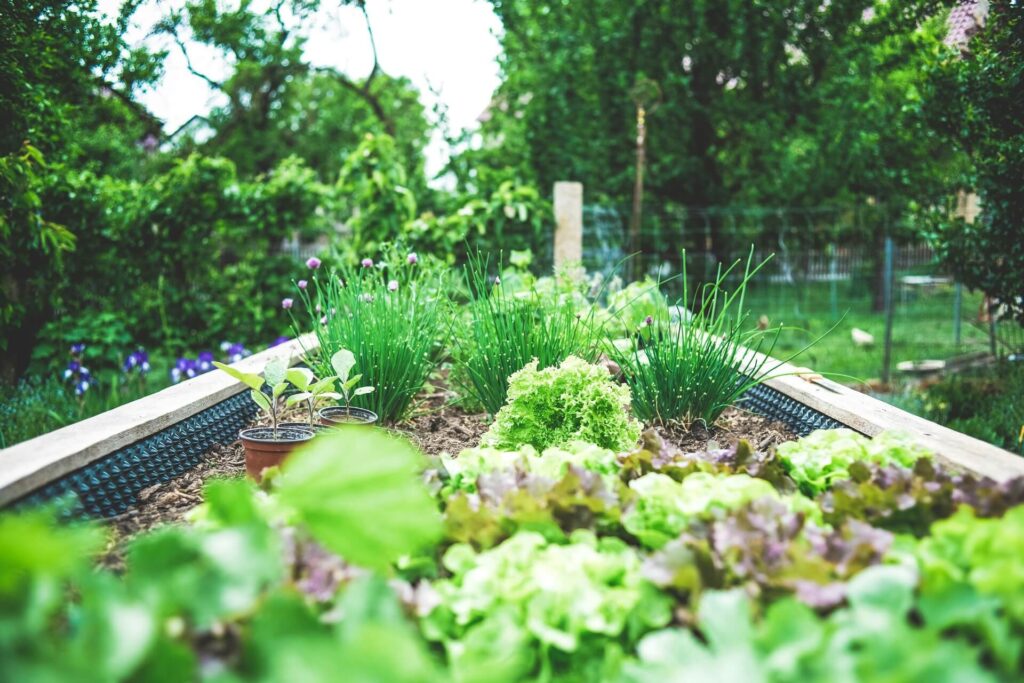
Eating seasonally is a cornerstone of clean eating and gardening makes it effortless. When your food comes straight from your backyard, you naturally eat what’s in season. Seasonal produce is fresher, tastier and often more nutrient-dense because it hasn’t been forced to grow out of cycle.
Seasonal gardening also encourages variety. You’ll rotate crops throughout the year — leafy greens in winter, juicy tomatoes in summer — giving your body a range of nutrients while keeping meals exciting. Eating with the seasons isn’t just good for your health — it supports local ecosystems and reduces the environmental footprint of your meals.
Clean eating is about creating a healthier lifestyle for your body and mind just as much as it is about nutrients. Gardening gives you a holistic approach where you’re nourishing yourself physically while finding balance and grounding in the process.
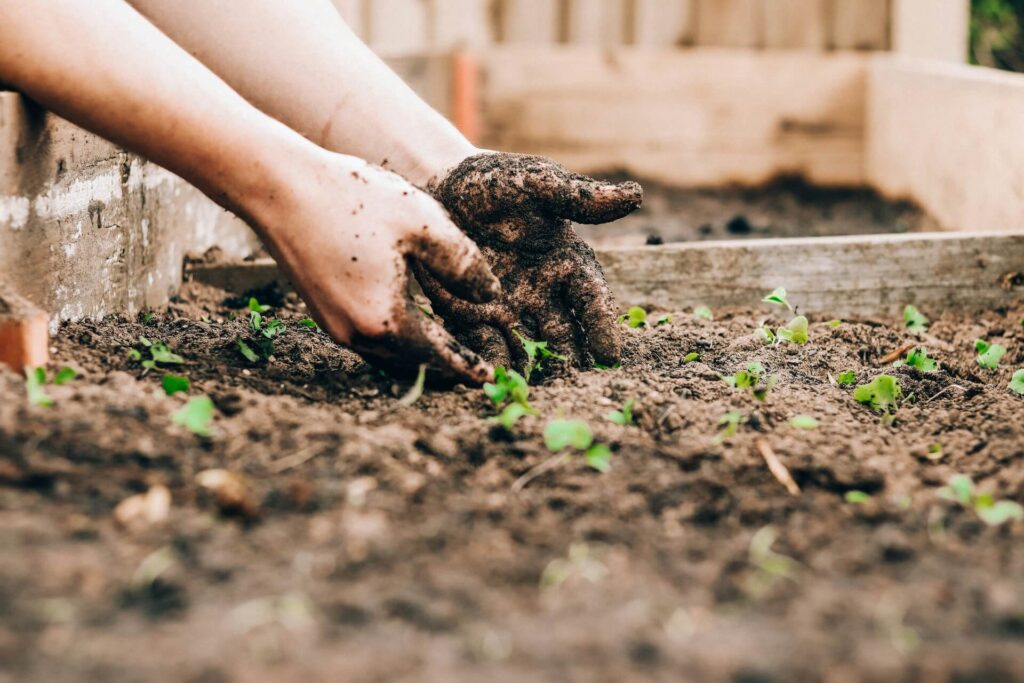
Gardening isn’t just good for your plate — it’s good for your mind. Spending time tending to plants provides light physical activity, fresh air and a chance to slow down. Research indicates that gardening can help reduce stress, lower blood pressure and enhance overall mental well-being.
This mind-body connection naturally complements a clean eating lifestyle. When you’re more mindful while growing your food, you’re likely to make healthier choices in the kitchen. Gardening encourages intentional living, helping you appreciate the work that goes into your meals and making each bite more satisfying.
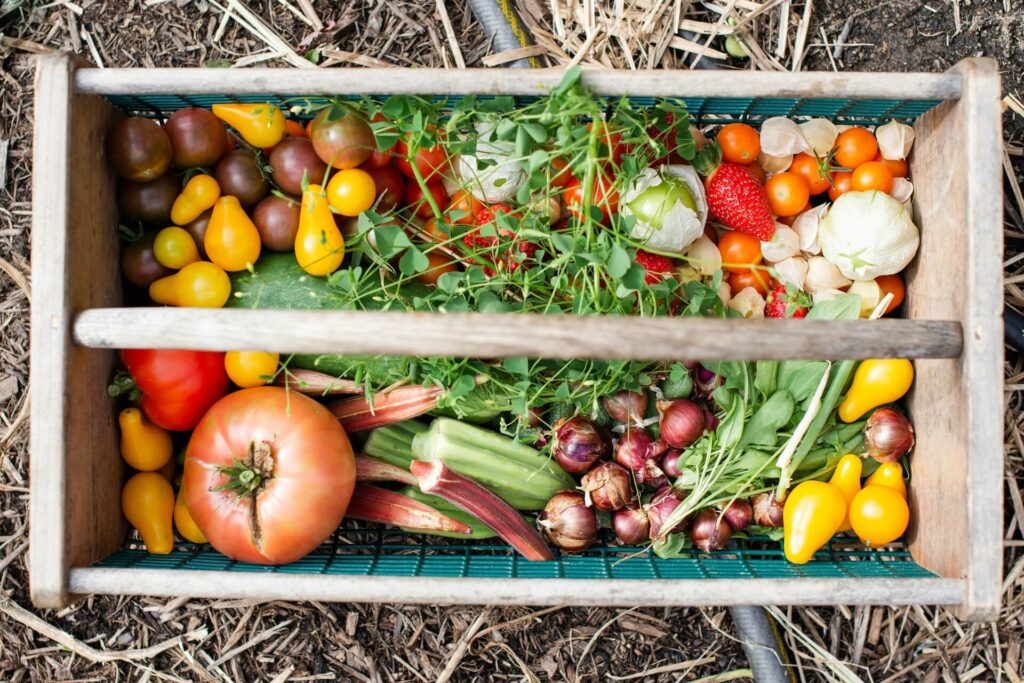
Growing your own fruits and vegetables often sparks more than just healthy eating — it inspires home cooking. When fresh produce is readily available, it’s easier to prepare meals from scratch rather than relying on processed or prepackaged foods.
This shift promotes healthier habits for the whole household. Kids and adults alike can get involved in harvesting and cooking, creating a sense of pride and excitement around food. Over time, this small change can cultivate a cleaner, more natural kitchen culture, making eating wholesome meals the norm rather than the exception.
Over time, these habits build a kitchen culture where clean eating isn’t forced, but the natural outcome of having fresh, whole foods at your fingertips. Your garden becomes the center of your meals and your kitchen becomes a place of creativity, health and connection.
Gardening does more than just grow food — it fosters wellness, self-control and mindful eating habits. From nutrient-packed produce to seasonal variety, chemical-free confidence and a stronger mind-body connection, the benefits go beyond what ends up on your plate.
Starting small — such as planting a few herbs or leafy greens — can make a significant difference in your clean eating journey. So grab a trowel, get your hands in the soil and watch both your garden and your health flourish.
Your email address will only be used to send you our newsletter, and at any time you may unsubscribe. For more information, see our Privacy Policy.